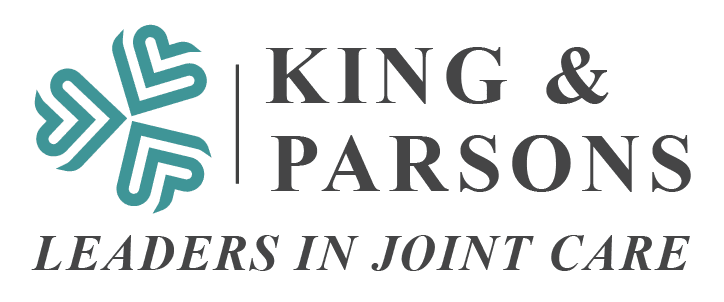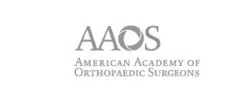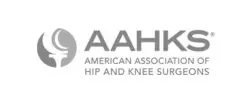As technology advances, clinical decision support tools (CDSTs) are emerging as valuable aids in healthcare decision-making. In the field of orthopedic surgery, particularly for total shoulder arthroplasty, a recent study explores the impact of patient-specific predictions generated by a CDST on orthopedic surgeons’ preoperative planning decisions and their confidence levels. This blog post delves into the methods, key findings, and implications of the study titled “Surgeon Confidence in Planning Total Shoulder Arthroplasty Improves After Consulting a Clinical Decision Support Tool.
The study surveyed orthopedic surgeons with at least 2 years of independent shoulder arthroplasty experience. The participants were presented with 18 fictitious cases, each depicting glenohumeral osteoarthritis. The surgeons were initially asked to recommend either an anatomic or reverse total shoulder arthroplasty for each case and express their certainty in their recommendations on a 4-point Likert scale. Subsequently, the surgeons were provided with a second survey incorporating predicted patient-specific outcomes and complication rates generated by a CDST.
The initial recommendations and subsequent changes varied among surgeons and cases. After reviewing the CDST-generated predictions, surgeons altered their recommendations in 46 instances (12% of initial anatomic recommendations) from anatomic to reverse, and in 22 instances (6% of initial reverse recommendations) from reverse to anatomic. Overall, the study found a significant increase in surgeon confidence across all responses after consulting the CDST (p = 0.0001), irrespective of the specific case or the surgeon’s years of experience.
The change in confidence did not correlate with surgeon-specific factors, such as years in practice, highlighting that the impact of CDSTs on confidence is consistent across various levels of experience.
The study’s findings suggest that the inclusion of CDST reports in preoperative planning for anatomic and reverse total shoulder arthroplasty has a notable impact on decision-making. While the CDST did not uniformly direct recommendations, it significantly increased surgeon confidence regardless of the chosen implant and irrespective of the surgeon’s experience.
This underscores the value of CDSTs as tools that inform and enhance decision-making processes rather than dictate specific recommendations. The personalized predictions provided by the CDST contribute to a more informed decision-making environment, allowing surgeons to weigh patient-specific factors more comprehensively.
The observed increase in surgeon confidence is particularly noteworthy, as it indicates that the information provided by the CDST adds a layer of certainty to the decision-making process. This boost in confidence can be instrumental in fostering shared decision-making between surgeons and patients, promoting a collaborative approach to treatment planning.
While the study sheds light on the positive impact of CDSTs, it also acknowledges the variability in surgeon responses and the nuanced nature of decision-making in orthopedic surgery. The individualized and case-specific nature of total shoulder arthroplasty decisions highlights the importance of tools that complement, rather than replace, the expertise and judgment of experienced surgeons.
In conclusion, the study marks a significant step forward in understanding the role of CDSTs in total shoulder arthroplasty planning. As technology evolves, the integration of such tools into clinical practice can refine decision-making processes, improve patient outcomes, and contribute to the advancement of orthopedic surgery.
Learn more about shoulder surgery with King and Parsons.
See what other surgery patients have to say on our YouTube Channel.















